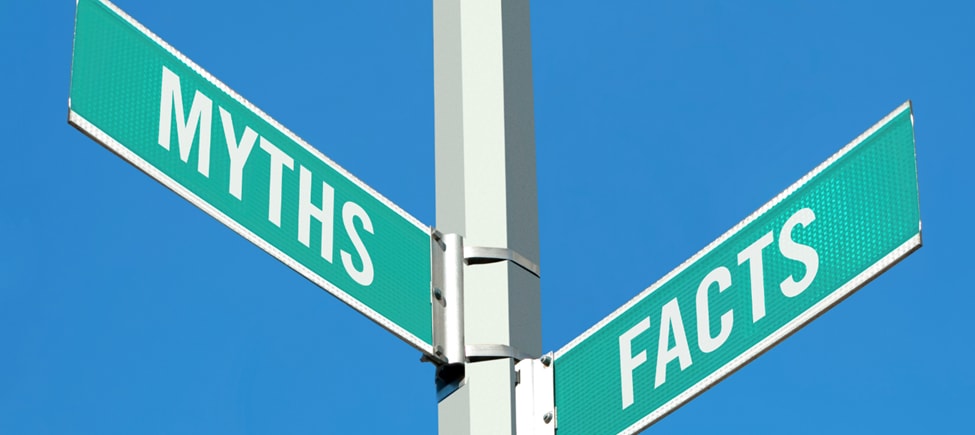
Keeping up with the latest car care advice can be overwhelming, especially with so many myths circulating. At Herb Chambers, we believe it's important for drivers to be well-informed so they can maintain their vehicles properly and avoid unnecessary costs. That’s why we’ve taken the time to clear up some common misconceptions about cars and emissions. From winter warm-ups to emissions testing, let’s cut through the confusion and review the facts.
1. Myth: You should warm up your engine before driving, especially in the winter.
- False.
This is one of the most widespread car myths. While engines do need to reach an optimal temperature, idling to warm them up is unnecessary with modern cars. Newer vehicles are designed to warm up quickly while being driven. Experts suggest idling for 30 seconds at most before driving gently, while longer idling wastes fuel without providing any additional benefit.
2. Myth: A cars tire pressure affects the gas mileage.
- True.
It’s true that properly inflated tires can improve your fuel efficiency. Keeping your tires at the recommended pressure can boost gas mileage from anywhere between 0.3% to 0.6%, while driving on underinflated tires can reduce mileage by up to 0.2%. Be sure to check your tires regularly!
3. Myth: The color of your car affects your insurance rate.
- False.
Contrary to popular belief, the color of your car has no impact on insurance premiums. Insurance rates are based on factors such as the vehicle’s make, model, engine type, age, safety features, and your driving record. While red cars might be perceived as flashier or faster, insurance companies don’t consider color when determining rates.
4. Myth: Long drives every now and then are good for the car.
- True.
Short, frequent trips can actually cause wear and tear on a vehicle because the engine doesn’t have time to reach its optimal operating temperature. Longer drives help lubricate engine components, clear out carbon buildup, and recharge the battery, which can improve performance and longevity. In short, taking your car for a longer drive occasionally can be beneficial, and enjoyable.
5. Myth: Cars don’t need emission stickers after a certain number of years.
- False.
While emission regulations can vary by state or region, most cars still need to meet emissions standards regardless of age. Older vehicles may require more frequent checks or have stricter regulations due to their potentially higher emissions levels. Always check local laws to see what applies to your vehicle. We put together a list of New England States and their emission requirements so that you know exactly what you’ll need and when it’s time for you to renew your emission sticker. Most Herb Chambers locations offer convenient emissions testing onsite to help keep your vehicle compliant.
6. Myth: Premium gas is always better.
- False.
Premium fuel is designed for high-performance engines that require higher octane levels to prevent knocking. If your vehicle’s manual doesn’t specifically call for premium fuel, using it won’t provide better performance or fuel economy. In most cases, standard gasoline works just as well for regular engines, so using premium is simply an extra cost.
Staying informed about how to care for your vehicle is essential for its performance and longevity. By clearing up these common car myths, we hope you feel more empowered to make the right choices for your vehicle. Whether you need advice on emissions tests or clarity on fuel grades, we’re here to help guide you with reliable information so you can stay confident on the road.